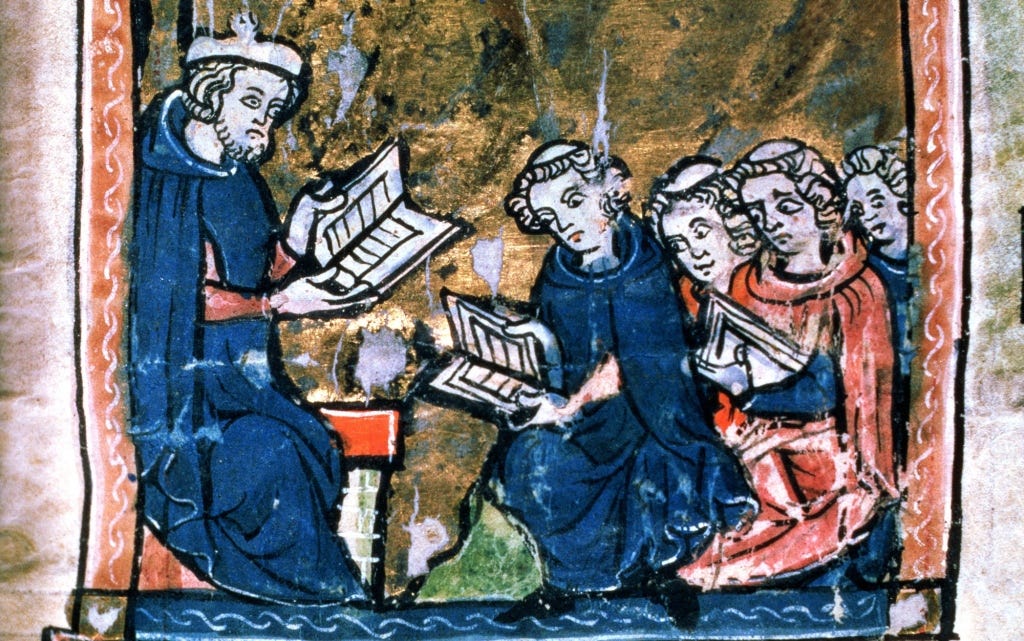New ideas driving out the old

It is the privilege of novelty to displace what’s already there. The new generation replacing the old. One goes, the other stay…
Keep reading with a 7-day free trial
Subscribe to Biblonia to keep reading this post and get 7 days of free access to the full post archives.

